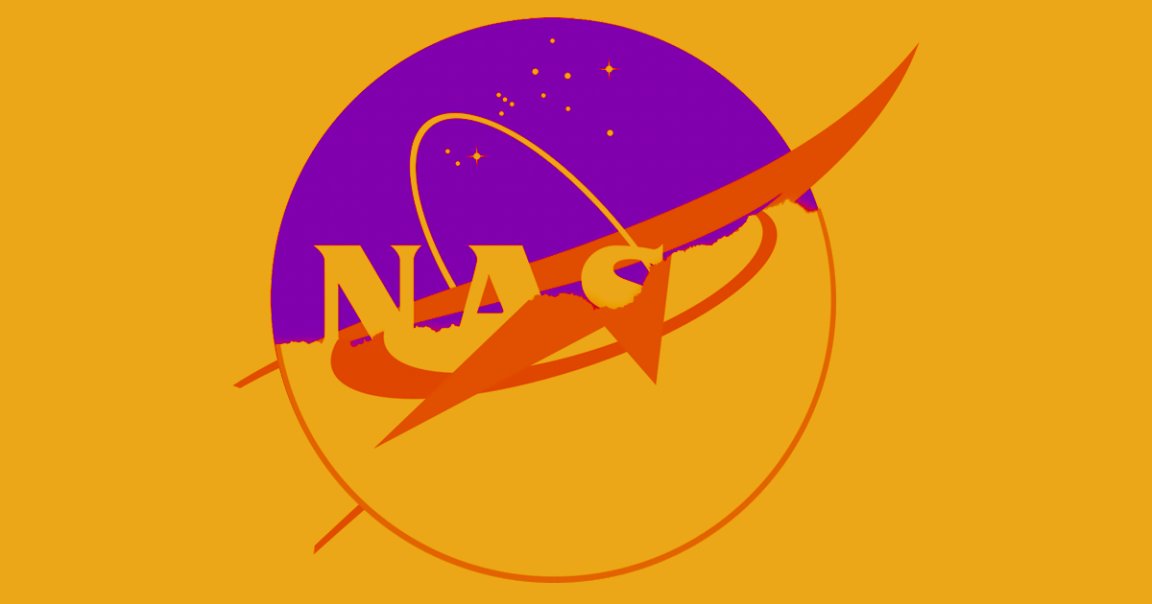
It’s Not You
During the 1960s, the United States and Russia were engaged in a bitter space race. But starting in the 1970s, their rival space agencies started to collaborate. Nowadays, both countries help run the International Space Station.
But it’s starting to look, Ars Technica reports, as though international rivalries could tear that mutually beneficial relationship apart. If it does, it’ll be a blow not just to space research but to the prospects of a friendly, demilitarized international space community.
I Just Need Some Space
One key issue driving the split is that after NASA decommissioned its Space Shuttle program, it started relying on Russia to launch its astronauts and equipment into orbit. Increasingly, though, NASA has inked contracts with American companies like SpaceX, cutting Russia out of the loop.
“I think we are going through a long transition in the relationship,” space historian John Logsdon told Ars. “When Russia joined the station partnership, it demanded and got, on the basis of its human spaceflight experience, treatment as first among US partners. Now, 25 years later, it is no longer a space superpower, but one among several second-tier countries.”
I Have Needs!
Dmitry Rogozin, the head of the Russian space program Roscosmos, has butted heads with NASA leadership. In 2014, when the Obama administration sanctioned Rogozin and six other Russian leaders over the 2014 Crimea annexation, Rogozin tweeted that America should start using a trampoline to get astronauts to the space station. Last year, he suggested that a small hole in the International Space Station could have been made deliberately, prompting international intrigue.
It’s possible that the two space programs will patch things up, but it’ll be a long road — and if they don’t, the whole community of space research stands to suffer.
READ MORE: The longstanding NASA-Russian partnership in space may be unraveling [Ars Technica]
More on space: The Competitors in Today’s Space Race Are Companies, Not Countries